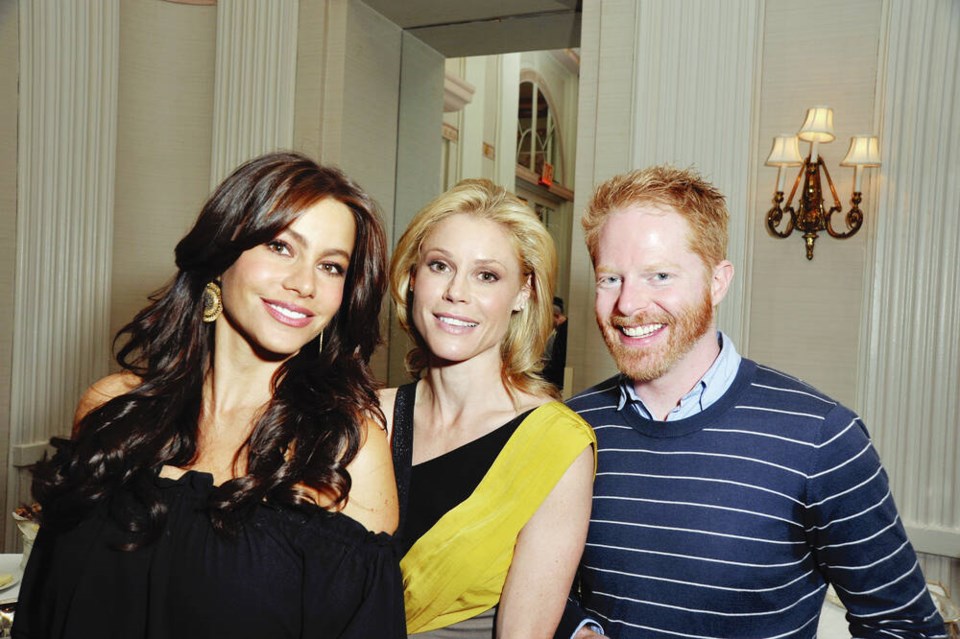I have been teaching undergrad students at Royal Roads University for the past two years as an associate faculty member.
I’d never taught at a university before, so it was all new to me, academic teaching and international students.
It has been a learning opportunity for me to teach in classes with students who mostly speak English as a second language, both for teaching in class, and marking assignments.
I am someone who only speaks one language, and that fact is always at the forefront of my mind. Most of my students speak at least two languages, and often more.
There is one video I play for my students once a semester. It’s a clip from the sitcom Modern Family.
In the clip, Gloria, a Colombian woman living in the U.S. (played by Sofia Vergara), is upset at her husband Jay, an older American man (played by Ed O’Neill), for signing paperwork allowing her son Manny, from a previous relationship, to drop out of Spanish class.
She is angry and tries to explain how important it is for her to be able to speak Spanish to her family, in her own home.
As she struggles to find the right English words to express herself, her husband and teenage son mock her.
In response, she says these powerful words: “You have no idea how smart I sound in Spanish.”
I remember when I first saw this on the show, and how it stopped me in my tracks.
That statement has stuck with me, providing a lens through which to see people who speak multiple languages, and to see that how they present themselves in English isn’t necessarily their full self.
When I play this clip for international students, I always see their heads nodding when Gloria says the powerful line.
Before that line, I can tell by their faces that they are enjoying the clip, but uncertain why we are watching it.
I share it with them because I want them to know that I know there is far more to them than what they communicate in English.
I recently watched an interview with former Daily Show host Trevor Noah where he explained that he speaks about six languages, and in each language, his personality is different.
He said each language offers him different ways to express himself. I found this so interesting — especially as someone who only speaks one language — that I brought this information to my class.
I asked my students if they could relate to Noah’s experience, and they did. It makes me realize that people speaking multiple languages have more layers than someone like myself will ever know.
I also know that people who don’t speak English as a first language can struggle with isolation, because for native English speakers, it takes more effort, and can be more challenging to engage in conversation. Even if it is more challenging, I don’t think that’s an excuse. The effort needs to be intentional.
I can’t imagine what it would feel like to be avoided because speaking with me takes a little extra effort. It would feel so isolating, amid the already isolating experience of being in a new country, immersed in a different culture.
I don’t think we always give credit to the courage it takes to do that. I know I am not perfect at this, either, but it is something I am trying to implement in my daily interactions.
I encourage everyone to seek out the person in the room who speaks English as a second language, and make the effort to have a conversation.
If that conversation is difficult, and there are barriers, remember the words of Gloria from Modern Family: “You have no idea how smart I sound in Spanish.”
Take the challenge yourself to see the other layers of the person you are speaking to.
Charla Huber is an Indigenous communications consultant based in the capital region. Her family is from Beausoleil First Nation and Fort Chipewyan.
>>> To comment on this article, write a letter to the editor: [email protected]



